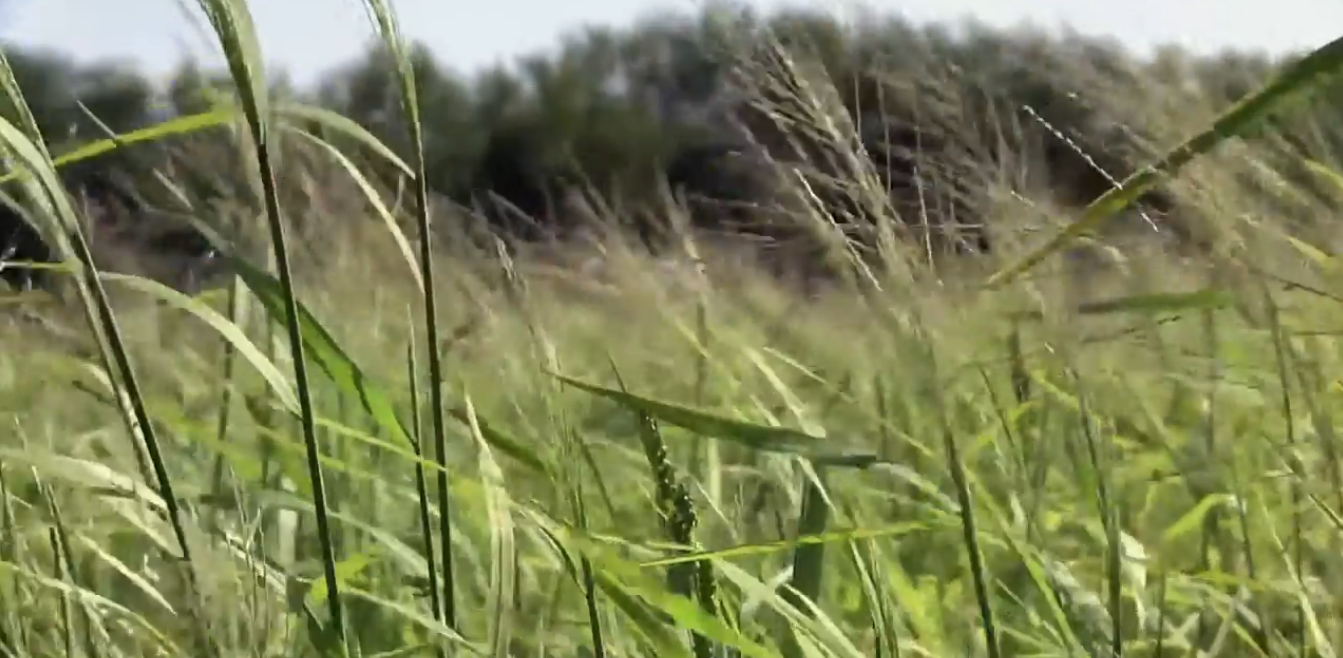Former grad student Savannah Rugg's cover crop research.
Funded by USDA -NIFA-Organic Research Transitions program Subtropical Organic Agriculture Research (SOAR) Partnership: A participatory academic program to fill research needs of farmers in S. Texas (Funded by USDA-NIFA-Organic Research Transitions program). Organic farmers in South Texas, and those interested in transitioning to organic production, face many challenges, including extremely intense pest pressure and uncertainty with changing climate and water availability. Especially since the 2011 closing of the USDA-ARS Subtropical Agricultural Research Center in Weslaco, Texas, there has been very little research support available to these growers, in one of the most important agricultural regions in Texas. Strategically situated in subtropical south Texas, the University of Texas-Rio Grande Valley will build upon its status as a USDA-designated Hispanic Serving Agricultural College and University (HSACU) by launching an innovative new academic program that engages students in rigorous, well-designed research projects designed to address real-world problems faced by organic farmers in South Texas. Using a participatory research approach, the project team will identify pressing research needs by interviewing farmers, agency staff, and organic inspectors. Students will help design and carry out supervised research studies to answer these questions. This practical field research experience will be at the center of an innovative experiential learning emphasis that will prepare students to become effective scientific researchers and will raise their awareness of the ecological benefits of organic farming. The project will also provide an research-based educational program to inform growers, extension agents, and others about organic requirements, certification, marketing, processing facilities, enterprise budgets, and production methods. The ultimate goal of the project is to make South Texas organic producers more competitive by meeting some of their most urgent research needs and by publicizing research findings widely. In the spring of 2014, several projects looking at integrated pest management strategies, cover cropping, and sustainable weeding were conducted by our team of researchers, students, and farmers. By incorporating annual flowering plants into organic kale systems, we identified multiple hostplants that can attract beneficial insects as well as potentially repel Green Peach aphids. We also trialed four species of cover crop that are relatively new to the valley and assessed their influence on soil fertility. Student led projects have looked at relationships between tomato varieties, intercropping, yield, and biological control of whiteflies, while future studies will investigate the use of repellant plants in managing leafcutter ants.
Principal Investigators:
Alex Racelis: P.I. (UTPA Biology) alexis.racelis@utrgv.edu
Mike Morris: co P.I. (NCAT) mikem@ncat.org
Robert Maggiani: co P.I. (NCAT) robertmm@ncat.org

